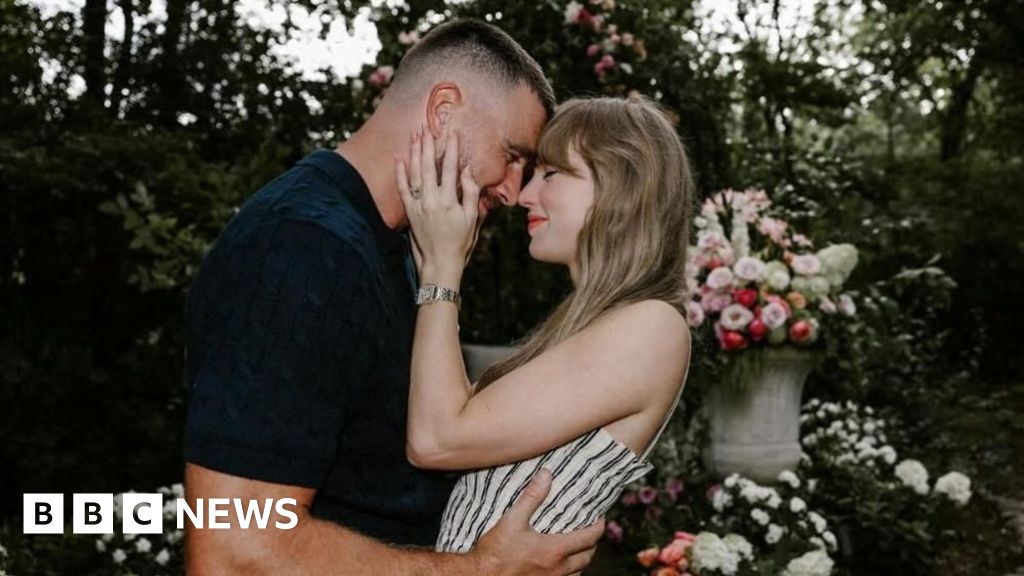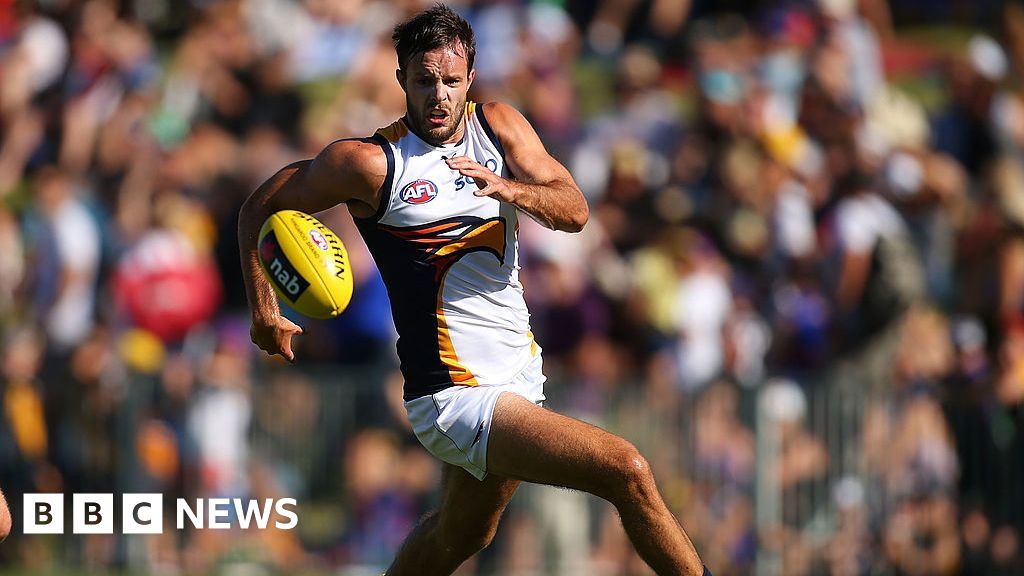Following a period of relative tolerance, Ivory Coast now faces a troubling wave of violence targeting its L.G.B.T.Q. population. The recent months have seen attacks and public campaigns urging individuals to “hunt” members of the community, severely undermining the safety that many once felt in this West African nation.
In an alarming report, rights organizations have documented dozens of incidents involving beatings and online harassment, particularly in the bustling city of Abidjan, where the atmosphere has been transformed by increasing intolerance. The phrase “hunt woubis” — a derogatory term for effeminate gay men — has been notably popularized on social media by local influencers, inciting aggressive actions from their followers.
Additionally, the societal shift was evident during a recent soccer match, where fans displayed a banner featuring a homophobic slur, highlighting the sudden normalization of hostility towards L.G.B.T.Q. identities. Political figures have also contributed to this climate of fear; the youngest member of the Ivorian Parliament, aligned with President Alassane Ouattara's party, pledged to introduce legislation aimed at restricting L.G.B.T.Q. rights, further signaling a dangerous turn for a community that once thrived in a more welcoming environment.
Carlos Idibouo, an Ivorian L.G.B.T.Q. activist, articulated the community's current distress: “Ivory Coast was an oasis of peace for the community. Now we wonder, are people safe?” This sentiment resonates deeply among many, as fears mount that the pervasive anti-L.G.B.T.Q. sentiments seen in other regions of West and Central Africa could soon establish a foothold in Ivory Coast, a nation that had previously been known for its relative acceptance.




















